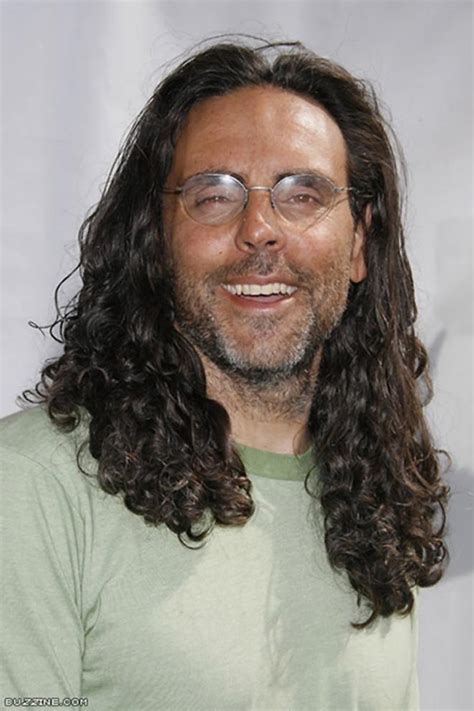A Quote by Meridel Le Sueur
An abyss seems to have opened between the intellectual cosmopolites of culture and the people, hungry for word and meaning.
Related Quotes
Honestly, that puts a lot of weight on your shoulders because you're representing so many great people who want to see so much. And they're hungry for ... I hate to use the word change because [Barack] Obama used to use that word ... but they're hungry for real change; they're hungry for making things right.
The kind of people that all teams need are people who are humble, hungry, and smart: humble being little ego, focusing more on their teammates than on themselves. Hungry, meaning they have a strong work ethic, are determined to get things done, and contribute any way they can. Smart, meaning not intellectually smart but inner personally smart.
Whenever we remember a series of events, we remember them different. We are constantly changing. It's a flaw, but on the other hand, when we say a word, the meaning is not what you put into it. Rather, the meaning of the word is all of the past usages of that word. Like this cloud that makes up the meaning of the word. It's your subject if you write. For instance what you put in that word and what you assume it means, even its flaw. It has a general agreement.
There is no contradiction between technology and spirit. There is no contradiction between the search for intellectual integration and understanding and the psychedelic experience. There is no contradiction between ultra-advanced hyperspacial cyber culture and Paleolithic archaic culture. We have come to the end of our sojourn in matter. We have come to the end of our separateness.
Deconstruction seems to offer a way out of the closure of knowledge. By inaugurating the open-ended indefiniteness of textuality-by thus 'placing in the abyss' (mettre en abime), as the French expression would literally have it-it shows us the lure of the abyss as freedom. The fall into the abyss of deconstruction inspires us with as much pleasure as fear. We are intoxicated with the prospect of never hitting bottom
It makes utter sense to stay healthy and strong, to be as nourishing to the body as possible. Yet I would have to agree, there is in many women a 'hungry' one inside. But rather than hungry to be a certain size, shape, or height, rather than hungry to fit the stereotype; women are hungry for basic regard from the culture surrounding them. The 'hungry' one inside is longing to be treated respectfully, to be accepted and in the very least, to be met without stereotyping.
The language of the culture also reflects the stories of the culture. One word or simple phrasal labels often describe the story adequately enough in what we have termed culturally common stories. To some extent, the stories of a culture are observable by inspecting the vocabulary of that culture. Often entire stories are embodied in one very culture-specific word. The story words unique to a culture reveal cultural differences.
The word contentment comes from the word content, which is what we hold inside - love, value, a feeling of a life that has meaning or purpose, a cause greater than yourself that you're a part of. These are the things that bring true happiness. As a culture, I think we need to redefine what it means to be happy.





































